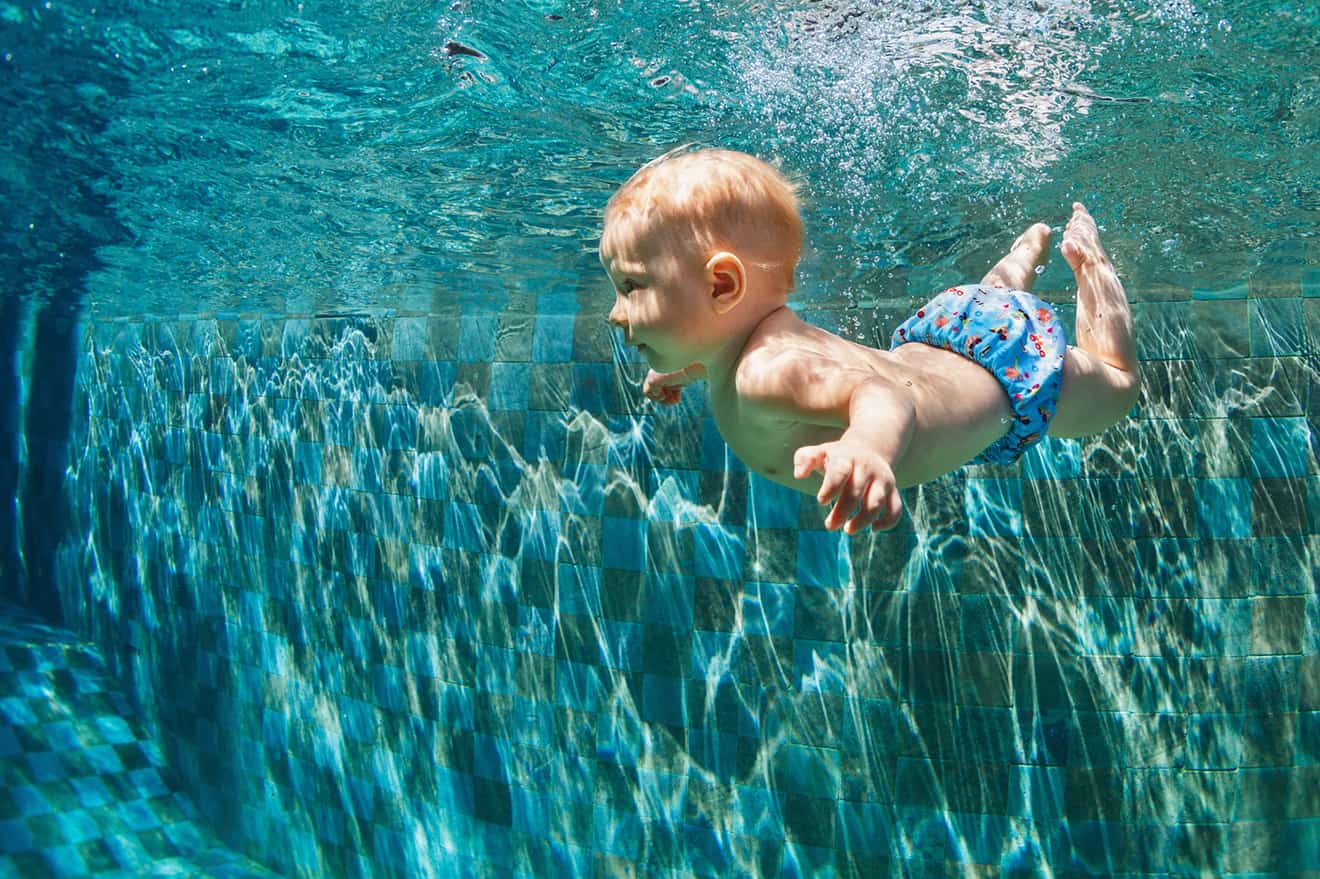30 November 2022
The Human Fertilisation and Embryology Authority (HFEA) has just released its latest report on donation and donor treatments in the UK fertility sector in 2020. It reports a growing trend in donor conception in the UK, with the numbers of donor conceived children more than tripling between 2006 and 2019. However, demand for gamete donation continues to outstrip the availability of donor eggs and sperm in the UK, resulting in more than half of new sperm donors registered in the UK in 2020 donating in the USA or Denmark. There also continues to be underrepresentation of ethnic minority donors in the UK.
Why is there a growing trend in donor conception in the UK?
The HFEA latest report on gamete donation shows that more than 4,100 donor conceived children were born in the UK in 2019, comprising 1 in 170 of all births and nearly 1 in 6 IVF births in the UK. This is more than triple the 900 donor conceived children born in the UK in 2006.
This marked growth in demand for donor conception in the UK is the result of evolving social and legal changes towards family building, driven by patients who are single and in female same-sex relationships as well as trends in later-life parenthood.
What are my prospects of accessing fertility treatment and donor conception funded by the NHS?
The HFEA’s latest report shows that fertility treatment with donor conception were less commonly funded by the NHS compared with IVF treatments without donation. It reports that only 13 percent of IVF treatments using donated eggs or sperm were funded by the NHS, compared to about 40 percent of IVF treatments without donation.
Why is the UK heavily reliant on sperm donors from overseas?
HFEA statistics for 2020 show that more than half of new sperm donors registered in the UK were from donor imports, with 27 percent donating in the USA and 21 percent donating in Denmark.
Coupled with growing demand for donor sperm, the UK’s efforts to recruit UK sperm donors has been disappointing. Firstly, the UK’s first national sperm bank initiative was unsuccessful, opening in October 2014 and closing just two years later when government funding ran out and it failed to recruit sufficient numbers of suitable sperm donors.
Then there is the fact that sperm donation is strictly regulated in the UK, with many potential sperm donors not making it through the screening process which is: age restricted, requires rigorous medical testing, personal history and lifestyle checks, good quality sperm, multiple appointments and clinic visits, agreement to be an identity-release donor and only reimbursement of expenses where payments have not kept pace with costs of living. This can make donating sperm unattractive to men in the UK.
Why are Asian and Black egg and sperm donors underrepresented in the UK?
The HFEA’s latest report shows that Asian egg donors are underrepresented, comprising only 5 percent of egg donors compared to 10 percent of an age-matched population. In addition, Black sperm donors represented only 2 percent compared with 4 percent of the population.
The underrepresentation of Asian and Black egg and sperm donors in the UK can partly be attributed to social, cultural and religious factors which can make gamete donation a sensitive issue. Socio-economic factors can also place obstacles in the way of donating eggs and sperm.
As such, more needs to be done to redress the balance and overcome ongoing egg and sperm donor shortages in the UK. However, many UK fertility clinics do not have the expertise or resources to recruit gamete donors to meet patient needs and so a new approach is needed.
Effective navigation of fertility and family law when undertaking assisted conception
It is advisable to proactively navigate family building, assisted conception and associated fertility and family law because individual fertility is precious and fertility treatment raises complex legal and wider issues. Bespoke expert fertility and family law advice helps project manage your family building journey. It enables you to identify, understand and effectively manage a range of legal and practical issues and risks, place your family building and life on a firm foundation and get the best outcome. In doing so, it can address:
- Family building options and issues where women and men face impaired fertility or lost fertility due to low sperm or egg counts, cancer diagnosis or other illness, unsuccessful conception attempts, change in gender, change in personal circumstances, delayed parenthood, solo or same-sex parenthood.
- Legal issues and options associated with assisted conception involving a known donor, co-parent or surrogate (e.g. legal parentage, parental rights, financial responsibility and dispute mitigation).
- Difficulties with storage and use of frozen eggs, sperm and embryos in fertility treatment in the UK (e.g. problems with consent).
- Issues associated with import of frozen gametes and embryos into the UK for use in fertility treatment and surrogacy (e.g. due to anonymous and commercially obtained gametes and embryos which engage UK public policy restrictions).
- Issues concerning the export of frozen gametes and embryos abroad for use in fertility treatment and surrogacy (e.g. consent and storage term difficulties).
- Unexpected death of a loved-one and related issues associated with posthumous storage and use of eggs, sperm and embryos in fertility treatment (e.g. due to an accident or illness).
- Legal parentage issues and disputes (e.g. concerning DNA testing, direct-to-consumer genetic testing, rectification of birth certificate, declaration of parentage, step-parent adoption, recognition of overseas adoption, parental order).
- Care and upbringing of children following a dispute with an ex-partner, parent, donor or surrogate (e.g. contact, residence, financial arrangements, parental responsibility, specific issue or prohibited steps).
Need a fertility lawyer or a family lawyer? If you would like to discuss your situation or you require specialist fertility and family law advice and assistance please contact Louisa by email louisa@louisaghevaertassociates.co.uk or by telephone +44 (0)20 7965 8399.
Click here to read the HFEA’s report “Trends in egg, sperm and embryo donation 2020”.




